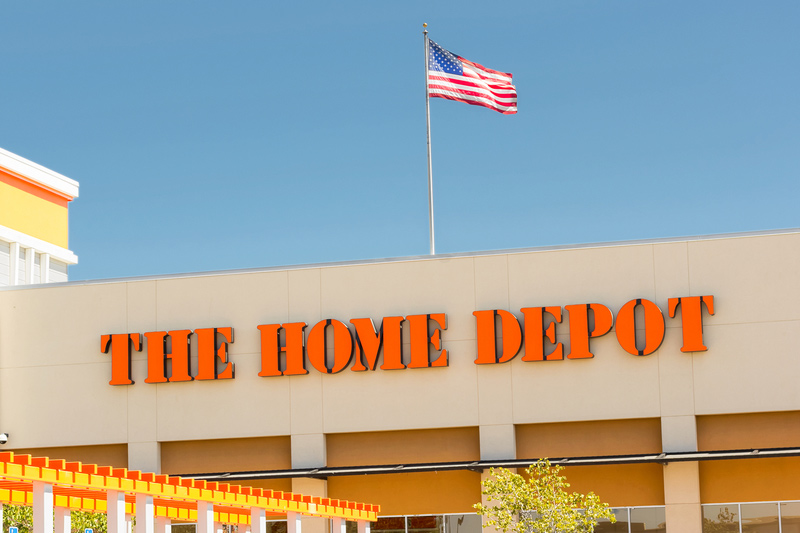Asahi shares mark weekly slide after cyberattack halts production
Investing.com -- QXO Inc (NYSE:QXO) Chairman and Chief Executive Officer Brad Jacobs laid out his vision for the building-products distributor in a wide-ranging investor Q&A in New York and Laguna Beach. Since acquiring Beacon earlier this year, Jacobs has launched what he calls a sweeping transformation across sales, pricing, procurement, and technology.
Among the changes: a flatter organizational structure, stricter pricing guardrails, and new incentive systems linking compensation to both profitability and growth. QXO is embedding artificial intelligence into quoting and routing, piloting machine-learning demand forecasting, and rolling out centralized procurement to squeeze better terms from suppliers. The company has also begun to digitize warehouses and modernize its transportation systems. “We’re building best-in-class platforms across the stack, from CRM and pricing engines to e-commerce and BI tools,” Jacobs said.
Much of the overhaul is aimed at improving inventory availability and service reliability. “Four percent of SKUs drive about 80 percent of sales, and those must always be in stock,” Jacobs said. He stressed that availability and accuracy, not discounting, would be the key to market share gains.
Jacobs also addressed QXO’s competitive M&A landscape, highlighting Home Depot and Lowe’s recent activity. “They’re both extraordinary companies with iconic brands and strong customer focus,” he said, adding that he knows them well as major consumers of transportation services. On potential clashes in building-products M&A, Jacobs was pragmatic. “They’ll probably outbid us anytime we go after the same acquisition target, because they’re much bigger than us and they’re valuing candidates based on different criteria,” he said.
Still, Jacobs suggested QXO can carve out its own path in a crowded market. “It’s a big ocean and there are a lot of fish in it,” he said. Drawing parallels to his past ventures in waste management, equipment rental, and logistics, Jacobs argued that competing with larger players is nothing new. “If we aren’t losing bids on deals, we’re bidding too high. We’ll remain disciplined on purchase price because that’s part of how to create massive shareholder value.”
QXO, which is targeting $50 billion in revenue, remains focused primarily on the U.S., with Canada as a secondary priority and Europe seen as opportunistic. About 80 percent of current revenue comes from repair and remodel, a segment Jacobs views as structurally resilient even in a soft housing market.
Investors are already weighing how the stock should trade. While Jacobs declined to opine on valuation, he pointed to analysts projecting QXO’s EBITDA to grow at a 34 percent compound annual rate from 2025 to 2030, compared with 14 percent for the broader industrials index.
“We’ve built companies in industries where we were not the biggest player but where we compounded shareholder value by staying disciplined,” Jacobs said. “That’s exactly what we’ll do here.”
